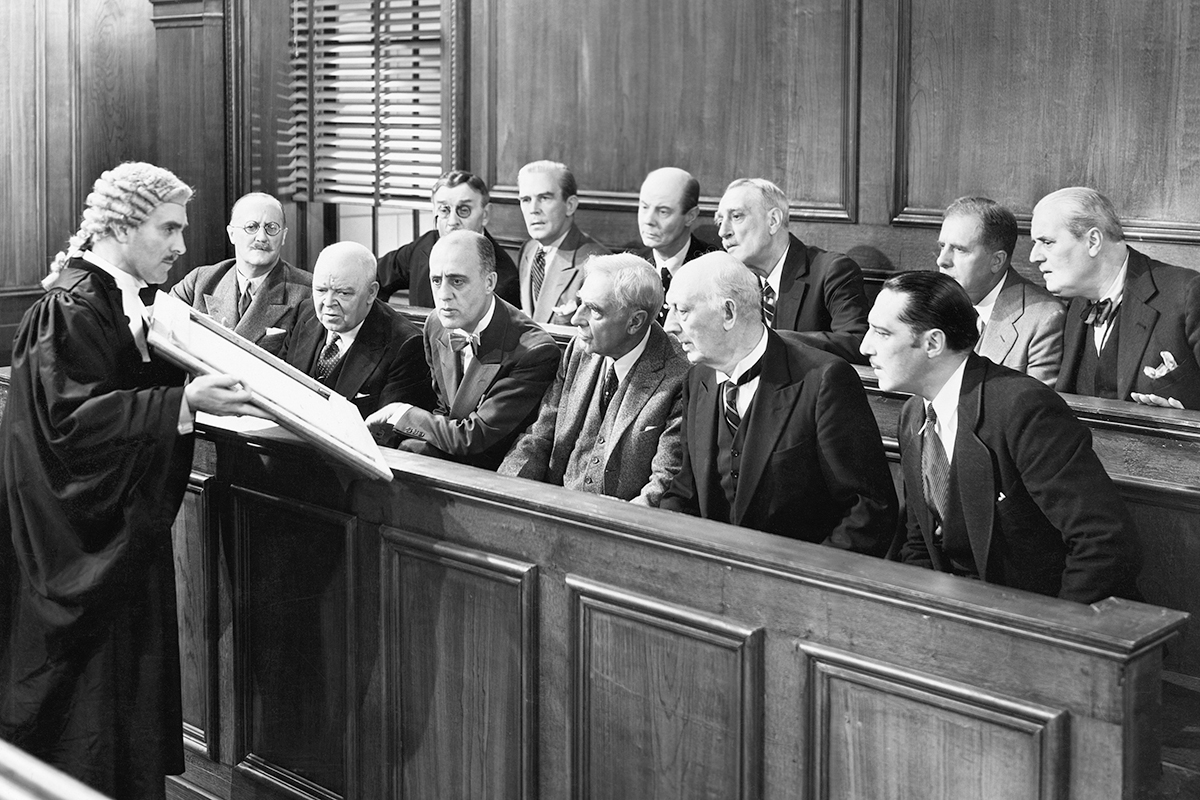
“Any indigenous Australian defending a criminal charge might well believe that with an all-white jury, the odds are tilted against them,” writes legal columnist HUGH SELBY.
The foreword to an Australasian Institute of Judicial Administration mid-2023 report on the absence of indigenous Australians from criminal trial juries includes:

“Senior Constable Zachary Rolfe had been charged with the murder of a 19-year-old Aboriginal man [Kumanjayi Walker] in his home…
“[The] trial was conducted before a jury that did not include a single Aboriginal person…. First Nations people make up approximately one third of the Northern Territory population.”
A report from a decade ago found that: “By the age of 23, more than three quarters (75.6 per cent) of the NSW indigenous population had been cautioned by police, referred to a youth justice conference or convicted of an offence in a NSW Criminal Court. The corresponding figure for the non-indigenous population of NSW was just 16.9 per cent.
“By the same age, 24.5 per cent of the indigenous population, but just 1.3 per cent of the non-indigenous population had been refused bail or given a custodial sentence (control order or sentence of imprisonment)”.
Powerful but negative attitudes and influences that arise from skin tone, racial background, religious beliefs are, alas, an ever-present part of our existence. They are easy to see in our criminal justice system and media reporting. It would be wilful blindness not to see them.
Any member of Mr Kumanjayi Walker’s community might reasonably believe that the odds in Mr Rolfe’s favour were tipped by an all-white jury.
Equally, any indigenous Australian defending a criminal charge might well believe that with an all-white jury the odds are tilted against them.
Legal systems work best when those living under them have confidence that they are fair.
Sentencing
Given that around 90 per cent of all criminal matters are resolved with pleas of guilty, it is essential that those being sentenced, and their community, have faith in the sentencing process.
Both NSW and Victorian Courts have sentencing protocols for indigenous offenders who plead guilty. The Victorian Koori Court began in 2008 and now sits around the state.
Since early 2022, the NSW District Court has had a specialist sentencing protocol for some indigenous offenders. It is not yet statewide. Called the Walama List, it creates a “Circle Sentencing” like environment in which there is a multi-interest conversation, including the offender’s community, about how best to sentence the offender so as to put her or him on a path that makes reoffending much less likely.
Because the actual sentencing is a judicial function, the attending Elders and Respected Persons will not participate in the determination of the sentence to be imposed. However, they may:
- provide cultural and community advice to the judge;
- assist the judge to understand the offender’s cultural heritage, history and norms;
- offer support and advice to the judge on how the offender could improve connections with his or her culture and community; and,
- assist the judge to identify culturally significant issues and culturally appropriate programs or supports that might be included in the Walama Case Plan.
The court monitors the offender’s progress in the case plan. This aspect is similar to how specialist “drug courts” monitor those offenders who are striving to beat their addiction fuelled criminal behaviour.
Jury trials
But what is being done about the “all-white juries” when matters go to trial? Law reform bodies around Australia have recommended:
- amending the law to ensure workable methods of calling up indigenous Australians to be jurors;
- reducing disqualifications to be a juror that are based on criminal history;
- providing support mechanisms instead of disqualifying potential jurors;
- providing, where needed, support with travel and accommodation (practical and financial) for people from indigenous communities when they are summoned for jury service; and,
- enabling trial judges to respond to an apparently unfair jury composition.
- finding ways to increase the number of indigenous Australians on the electoral roll;
- supplementing the electoral roll for the purposes of compiling jury lists with names from Centrelink and motor vehicle registry databases.
That’s a lot of work. The essential first step is to prove that indigenous membership of juries is worthwhile for everyone.
Fortunately, there’s a way, following the path taken in Japan when it created its “jury” system of four jurors sitting with three judges in serious criminal matters. Those jurors are appointed for a fixed term and they are paid for their service as they take part in a number of trials.
Around Australia we could emulate that approach as follows:
- Amend the Jury Acts to permit a standing “pool” of indigenous jurors, called for a specified term, paid at a special rate;
- Establish a recruitment process that makes use of Aboriginal Legal
Services and community organisations to reach out to, and attract good juror candidates; - Amend the Jury Acts to be able to provide practical training to prospective jurors and “post-trial” mentoring debriefs where what happens in the jury can be deconstructed; and
- Encourage a criminology research project to periodically assess the value of this approach over at least a decade.
A small investment for a big return.
Hugh Selby is the CityNews legal affairs commentator. His free podcasts on “Witness Essentials” and “Advocacy in court: preparation and performance” can be heard on the best known podcast sites.
Who can be trusted?
In a world of spin and confusion, there’s never been a more important time to support independent journalism in Canberra.
If you trust our work online and want to enforce the power of independent voices, I invite you to make a small contribution.
Every dollar of support is invested back into our journalism to help keep citynews.com.au strong and free.
Thank you,
Ian Meikle, editor



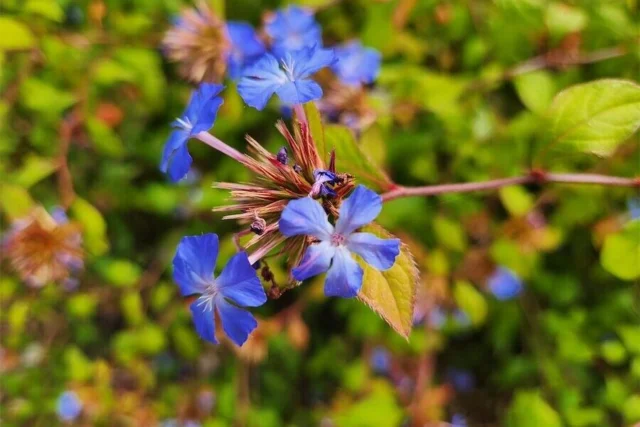
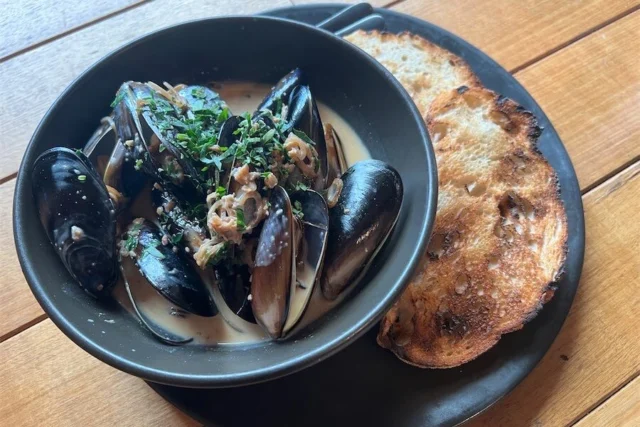
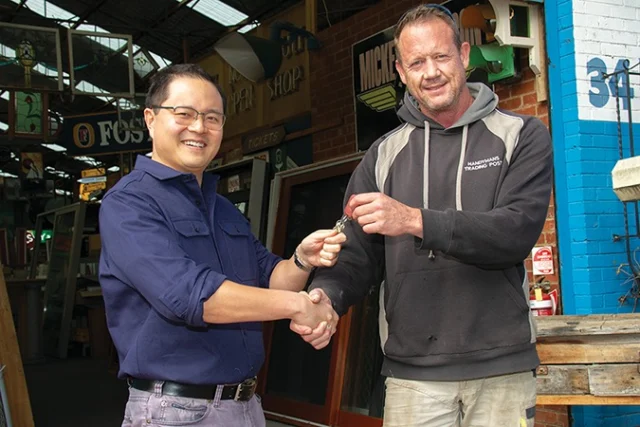
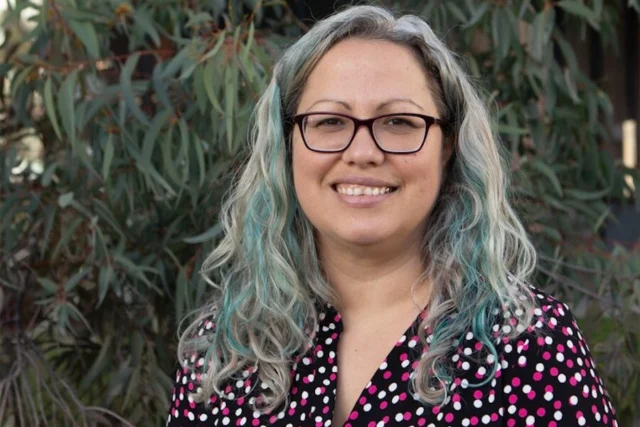
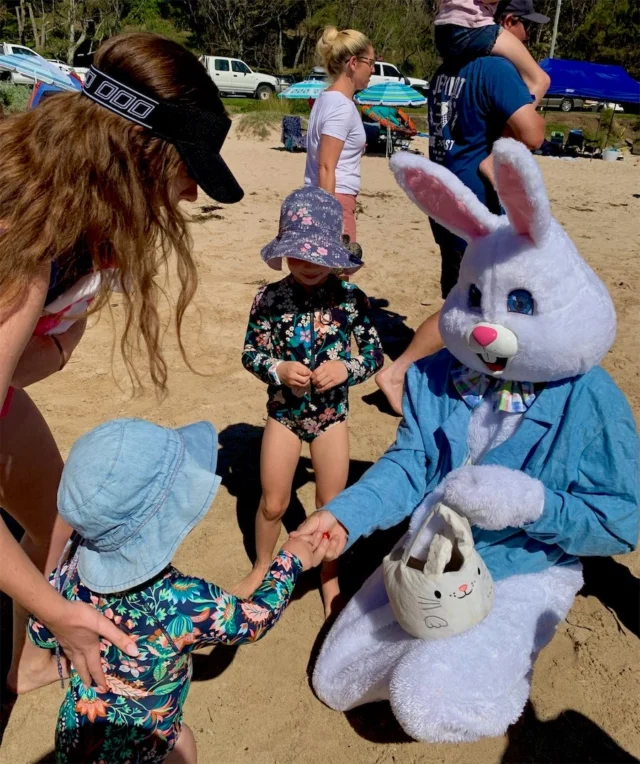
Leave a Reply